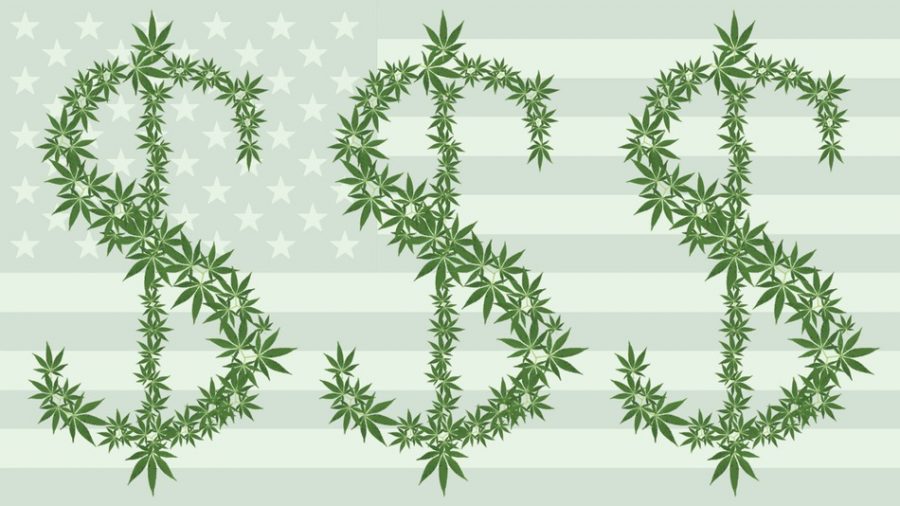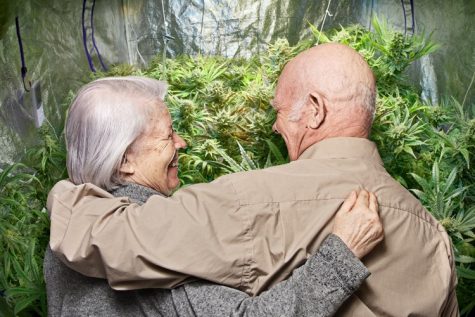Cannabis sales could plummet following expiration of federal $600 weekly jobless benefit
The coronavirus has induced an unwelcome recession upon the United States. While there has been some green to rest on in regards to the $600 weekly payout people have been receiving amid COVID-19, the July 31 expiry date has made the cannabis industry sweat.
The coronavirus-related weekly payments began in April and recently, handouts came to an almighty stop. Cannabis industry sales revenue is sure to plummet as a result; unfortunate considering consumers have been buying more weed since the pandemic started.
While congressional Republicans discuss the opportunities that would transpire if they cut the supplemental stimulus to $200 on a weekly basis, Trump’s recent executive action will provide economic aid to the amount of $300-$400 weekly in supplemental unemployment benefits.
Most jobless people in the U.S. are cannabis consumers
A cannabis industry analyst has said that jobless rates are closely connected to consumers of the green plant. Although Andrew Livingston from Vicente Sederberg LLP says that the majority of unemployed people are cannabis consumers, he also says that unemployment rates began to sink once the coronavirus-related weekly payments started.
Specifically, Livingston’s close analysis of the cannabis industry amid the virus pandemic showed that unemployment rates started to slip in June, after they rocked to sky-high rates in April. This tells us that Trump’s reduced coronavirus-related weekly payments may not be such a burden on the country’s economy after all.
From another perspective, the increasing rates of coronavirus across the U.S. amplify worries regarding business closures. Since governors across various states are temporarily shuttering much of the economy, more people are filing funding claims as unemployed individuals.
Is cannabis a recession-proof industry?
Once unemployed U.S. residents have received all of the new stimulus payments, analysts will be able to draw up a better conclusion as to whether or not the cannabis industry is recession-proof.
So far, the data is limited but with fresh insights, cannapreneurs and industry investors will be able to put their confidence in the industry being able to withstand recession just like the alcohol market has demonstrated over the years.
The outlook is promising, considering the fact that medical and recreational cannabis consumer expenditure has surged amid the COVID-19 pandemic; though it should be noted that tourist-reliant states such as Nevada have struggled.
Financial forecasts published in the most recent edition of the Marijuana Business Factbook indicate that retail cannabis sales could soar 40 percent from last year to $15.5 billion-$18.9 billion in 2020.

















